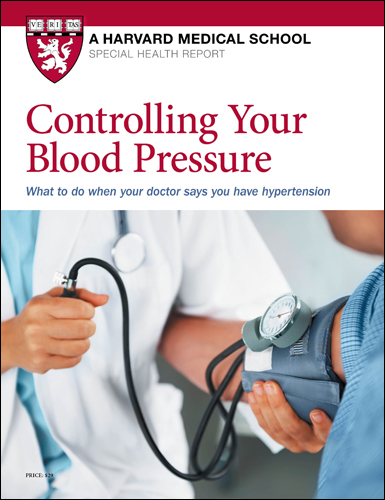Seasonal changes and blood pressure
On call

Q. My blood pressure stays close to normal except during the winter. Do the seasons affect blood pressure?
A. Yes, seasons can affect blood pressure. Some people with borderline high blood pressure have higher readings during winter. And their pressure can get high enough to need medicine to control it. They might be able to reduce the dosage when spring comes, or stop taking the medication once summer rolls around.
The leading theory about higher blood pressure in colder weather is related to tension in the arteries. When our bodies get cold, blood vessels clamp down to keep in the heat. This raises blood pressure in some people. But other factors might cause your higher winter blood pressure. For example:
Seasonal weight gain. During the winter — especially around the holidays — people often eat more and exercise less, leading to a few extra pounds. Even small gains can cause blood pressure to rise.
Too much salt in your diet. This also raises blood pressure. You're more likely to hang around indoors for longer times come wintertime, which may invite cravings for salty, satisfying foods. Make an effort to stock up on healthier snacks and avoid high-salt processed foods.
Image: © AndreyPopov/Getty Images
About the Author

Howard E. LeWine, MD, Chief Medical Editor, Harvard Health Publishing; Editorial Advisory Board Member, Harvard Health Publishing
Disclaimer:
As a service to our readers, Harvard Health Publishing provides access to our library of archived content. Please note the date of last review or update on all articles.
No content on this site, regardless of date, should ever be used as a substitute for direct medical advice from your doctor or other qualified clinician.
















